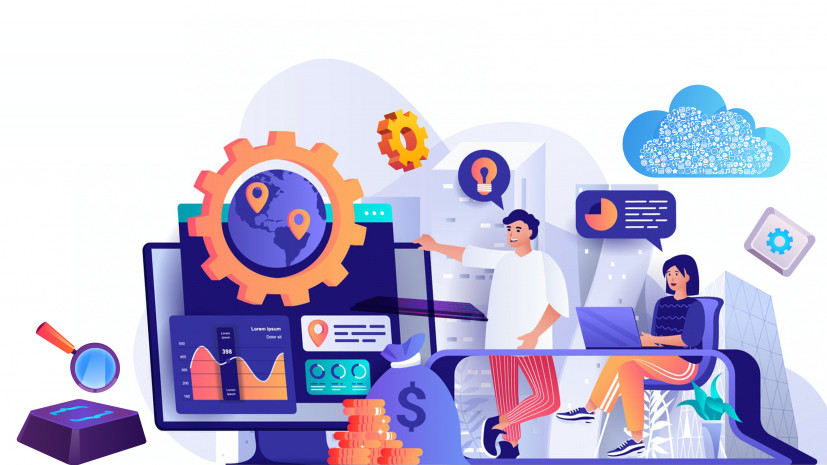
In the ever-evolving landscape of education, schools are continuously seeking ways to improve efficiency, streamline processes, and enhance communication. One of the most effective solutions to achieve these goals is the implementation of an Integrated Enterprise Resource Planning (ERP) system. An ERP solution is a comprehensive software platform that consolidates various school operations into one unified system, offering numerous benefits to educational institutions.
Centralized Data Management
Schools manage vast amounts of data, including student records, staff details, attendance logs, financial transactions, and examination results. An integrated ERP solution allows all this information to be stored in a centralized database, ensuring easy access, consistency, and data security. This eliminates the need for multiple standalone systems, reducing redundancy and data discrepancies.
Improved Efficiency and Automation
Automation of routine tasks like attendance tracking, fee collection, and timetable scheduling saves time and minimizes human error. Teachers and administrative staff can focus on core responsibilities rather than spending excessive time on manual paperwork. This leads to improved operational efficiency and better resource utilization.
Enhanced Communication and Collaboration
An ERP system facilitates seamless communication between students, parents, teachers, and administrators. Features like instant notifications, messaging platforms, and online portals ensure that everyone stays informed about important updates, academic progress, and upcoming events. This strengthens the relationship between stakeholders and fosters a more collaborative environment.
Comprehensive Reporting and Analytics
Accurate reporting and data analysis are crucial for informed decision-making. Integrated ERP solutions provide customizable reports on various aspects of school operations, such as student performance, financial status, and staff productivity. These insights help school management make strategic decisions and improve overall performance.
Financial Management
Managing finances is a critical aspect of running a school. ERP systems offer robust financial management modules that handle fee collection, payroll processing, budget planning, and expense tracking. This ensures transparency, reduces the risk of errors, and simplifies auditing processes.
Enhanced Security and Data Privacy
With increasing concerns about data breaches, schools need to prioritize the security of sensitive information. ERP solutions come with advanced security features like role-based access control, data encryption, and regular backups, ensuring that confidential data remains protected.
Scalability and Customization
Every school has unique needs, and an ERP system can be customized to fit those specific requirements. Whether it’s a small private school or a large educational institution, ERP solutions are scalable and adaptable to accommodate future growth and changing demands.
Conclusion
The integration of ERP solutions in schools is no longer a luxury but a necessity. It not only enhances operational efficiency but also promotes better communication, financial management, and data security. As educational institutions continue to adapt to the digital age, investing in an integrated ERP system will undoubtedly contribute to their long-term success and overall excellence.